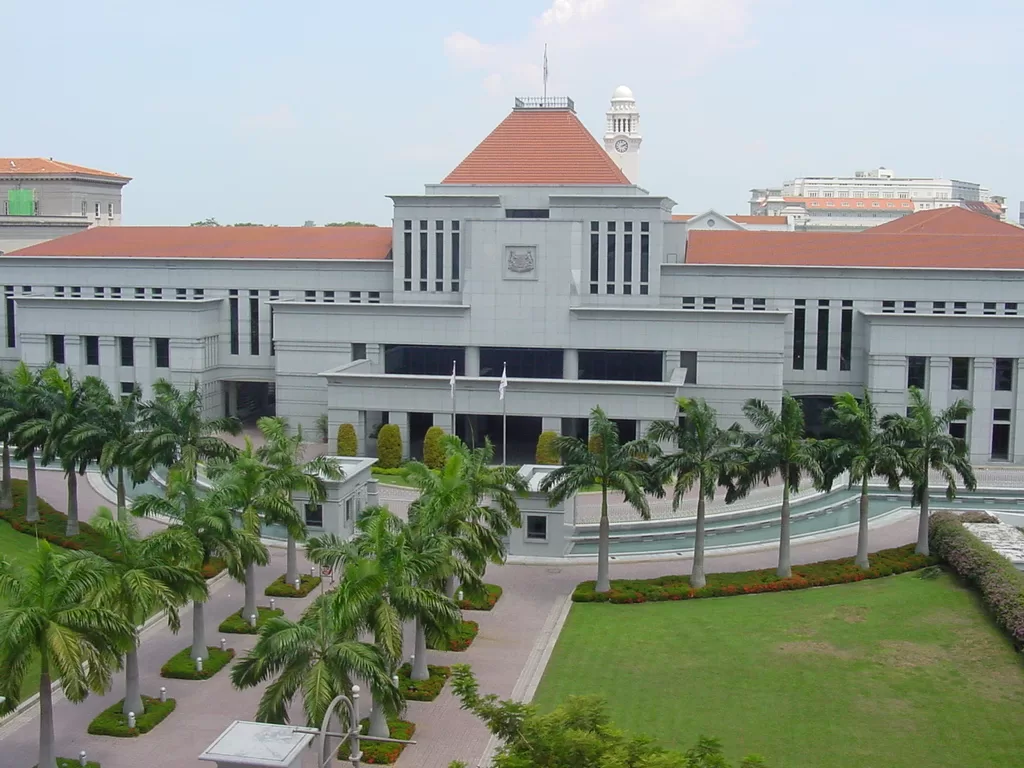-
Advocacy Theme
-
Tags
- Abortion
- Adoption
- Caregiving
- CEDAW
- Disability
- Domestic Violence
- Domestic Workers
- Harassment
- Healthcare
- Housing
- International/Regional Work
- Maintenance
- Media
- Migrant Spouses
- Migrant Workers
- Muslim Law
- National budget
- Parental Leave
- Parenthood
- Polygamy
- Population
- Race and religion
- Sexual Violence
- Sexuality Education
- Single Parents
- Social Support
- Sterilisation
- Women's Charter
Forum: Furthering cause of gender equality goes beyond statistics
June 2nd, 2025 | Letters and op-eds, News, Women in Leadership
This forum letter was originally published in The Straits Times on 27 May 2025.
Written by Sugidha Nithiananthan.
We congratulate all appointees to the new Cabinet announced by Prime Minister Lawrence Wong on May 21, and all successful candidates in the 2025 General Election.
Out of the 97 elected MPs, 31 are women, which, at 32 per cent, breaks the 30 per cent barrier for the first time. And 25 per cent – 10 out of 40 – of the latest slate of political office-holders are women. This is an increase of one woman from the previous line-up.
Increasing the representation of women in leadership roles is important because the belief is that female leaders will drive progress and reform towards gender equality. Yet, there are instances where women in power have not taken the opportunity to champion equality.
For example, former British prime minister Margaret Thatcher notably lacked female-friendly policies, and had no interest in childcare provision or positive action for women.
It is therefore important that while we strive for equal representation, such leaders should also espouse policies that reflect and promote gender equality.
Equal representation also matters from a legitimacy standpoint – those who govern should reflect the diversity of those they represent.
Furthering the cause of gender equality goes beyond statistics. It is about policies and outcomes. It is crucial for our refreshed set of leaders to deeply understand the root causes of gender inequality, so that they can actively challenge and transform them.
We need leaders, whatever their gender, who possess an understanding of the intersectionality of gender, race, age and class, and apply this lens when they engage with complex social issues such as reproductive rights, childcare policies, discrimination in the workplace and gender-based violence. These remain critical areas, and require continued and focused interventions.
Leadership on this front means partnering civil society to co-create inclusive policies, grounded in lived experiences and supported by gender-disaggregated data. By engaging communities directly and valuing the insights of those most affected – caregivers, survivors of violence and discrimination, low-income workers, and men navigating rigid gender roles – we can design systems that are more just, more inclusive, and more responsive to the needs of all.
We hope to see our new batch of leaders bring such an awareness and approach to their roles in Parliament and government, so that this truly translates to more equal policies for all.
Sugidha Nithiananthan is the Director of Advocacy and Research at AWARE.




